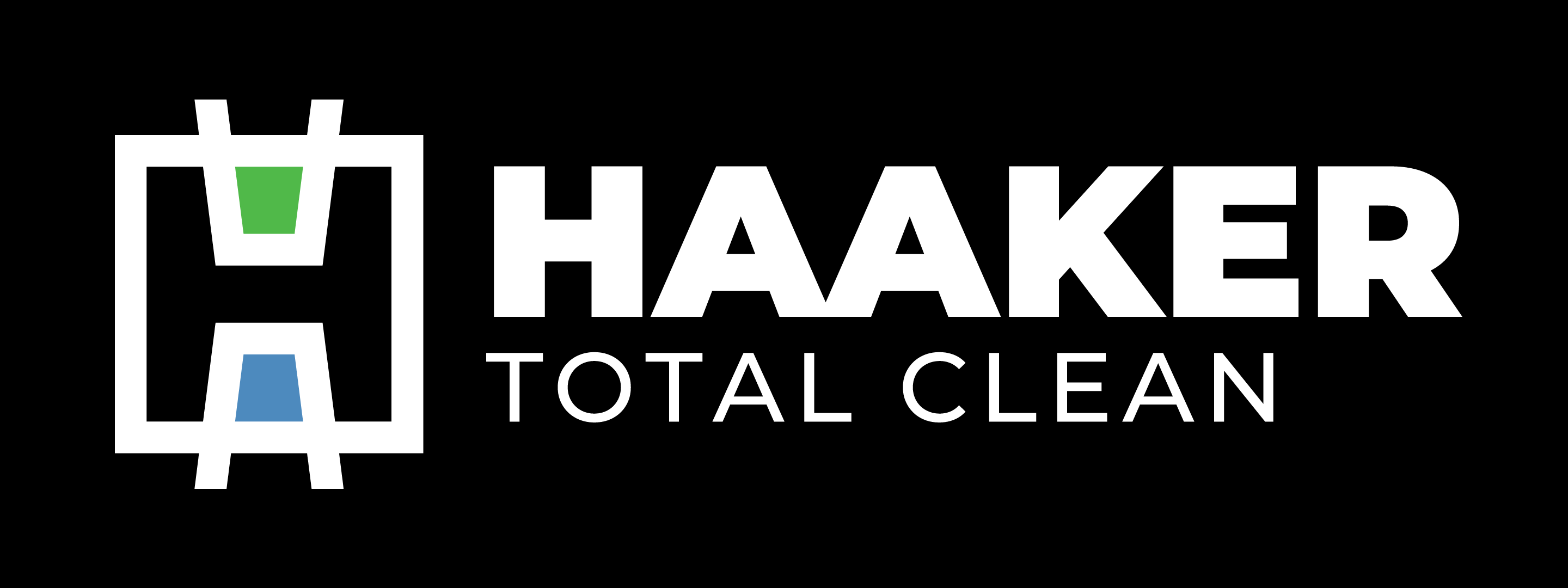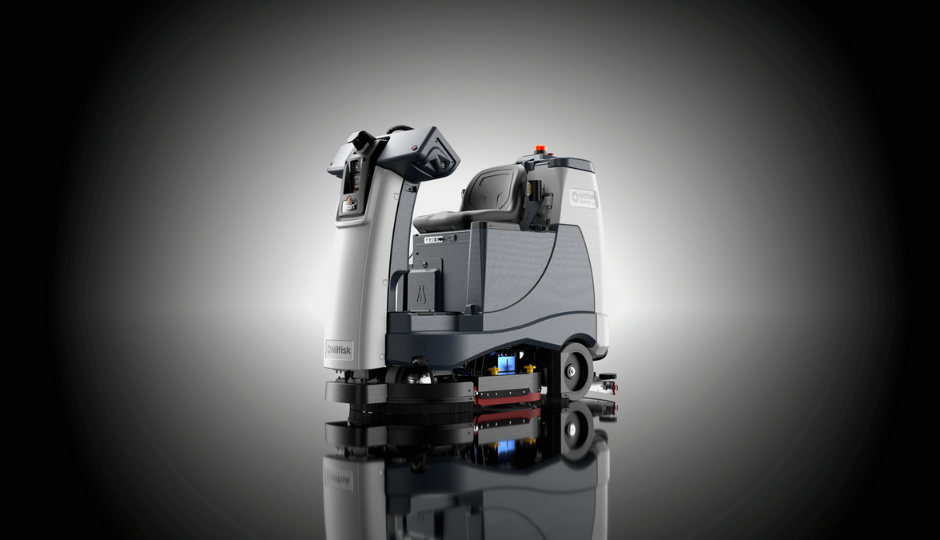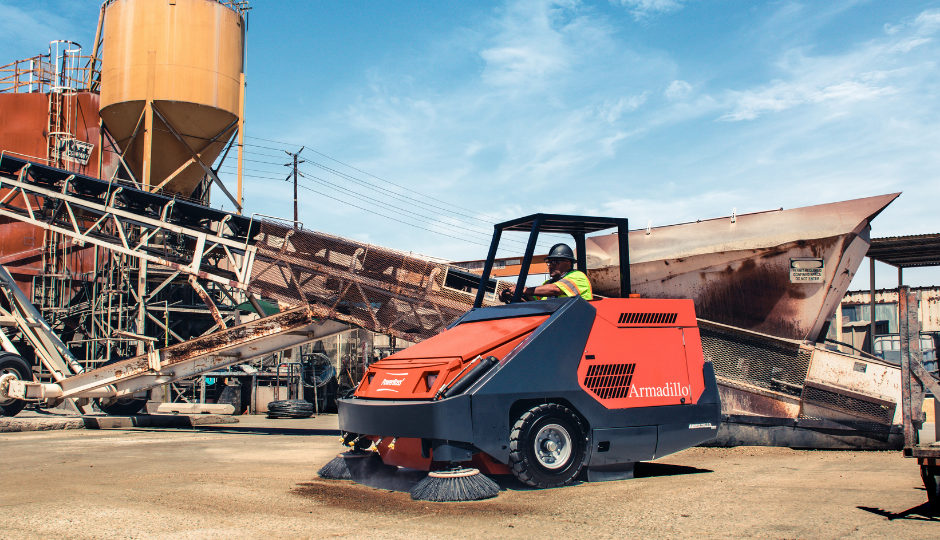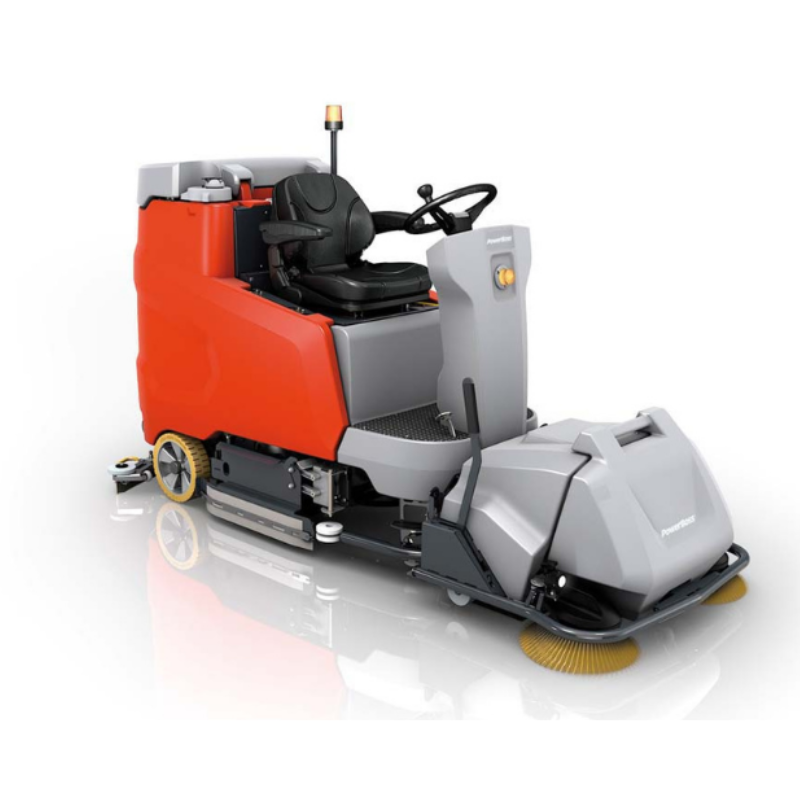Maintaining clean and safe environments is paramount across various industries, particularly in settings where hazardous materials or airborne contaminants pose risks to health and safety. Despite the critical role that filtration systems play in maintaining air quality and safety, many individuals lack a comprehensive understanding of the different filter types available and their specific applications. This knowledge gap can lead to suboptimal air filtration practices and compromise safety standards in various industries. By shedding light on the nuances of filter types and their functionalities, businesses can make informed decisions to safeguard the well-being of their employees and uphold clean and healthy environments. To achieve optimal air quality and mitigate potential hazards, the selection of efficient filtration systems is crucial. Let’s look at filter types, focusing on HEPA and ULPA filters, and explore how they are utilized in PowerBoss Critical Filter Vacs to ensure clean, healthy, and safe environments for all.
HEPA and Basic Vacuum Filters
HEPA filters, known as high-efficiency particulate air filters, are renowned for their exceptional ability to remove airborne particles from surfaces and the air. With a minimum efficiency standard of 99.97% for particles 0.3 micrometers in diameter, HEPA filters set a high bar for air filtration. These filters operate by forcing air through a dense network of fiberglass fibers, where particles are trapped through mechanisms such as diffusion, interception, and impaction. The combination of these mechanisms ensures thorough particle capture, making HEPA filters ideal for environments where air quality is of utmost importance, such as healthcare facilities, laboratories, and cleanrooms.
While HEPA filters excel in capturing a wide range of particles, basic vacuum filters provide a more rudimentary form of filtration. These filters are commonly found in conventional vacuum cleaners and offer limited efficiency in capturing fine particles. Basic vacuum filters are typically composed of porous materials such as foam or paper, which trap larger particles while allowing smaller particles to pass through. While suitable for general household cleaning tasks, basic vacuum filters may not meet the stringent filtration requirements of specialized industries where hazardous materials are present.
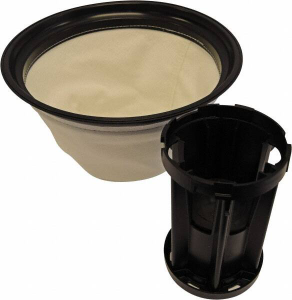
ULPA Filters
Ultra-Low Particulate Air (ULPA) filters represent the pinnacle of air filtration technology, boasting an impressive efficiency rate of 99.999% for particles as small as 0.12 microns in diameter. These filters are designed to capture even the tiniest particles with unparalleled precision, making them indispensable in environments where absolute cleanliness is paramount. ULPA filters operate on similar principles as HEPA filters, utilizing a dense matrix of fibers to trap particles through interception, impaction, and diffusion mechanisms. However, ULPA filters offer a higher level of filtration efficiency, making them ideal for specialized applications such as microelectronics manufacturing, pharmaceutical production, and cleanroom environments.
Despite their superior filtration capabilities, ULPA filters come with certain challenges, including restricted airflow, higher costs, and shorter lifespan compared to HEPA filters. The denser media of ULPA filters results in greater airflow resistance, which can impact the performance of ventilation systems and require more frequent filter replacements. Additionally, the manufacturing process for ULPA filters is more complex and costly, contributing to higher upfront expenses and maintenance costs. However, for industries where the removal of ultrafine particles is critical, the benefits of ULPA filtration far outweigh these challenges.
PowerBoss Critical Filter Vacs
PowerBoss Critical Filter Vacs are purpose-built vacuum systems engineered to meet the stringent filtration requirements of industries where hazardous materials are present. These advanced vacuum systems are equipped with HEPA or ULPA filters, depending on the specific application and level of filtration required. By leveraging the exceptional filtration capabilities of HEPA and ULPA filters, PowerBoss Critical Filter Vacs ensure that harmful contaminants are effectively captured and contained, preventing them from re-entering the environment and posing risks to health and safety.
PowerBoss offers a comprehensive range of Critical Filter Vacs tailored to the unique needs of various industries, including asbestos abatement, lead remediation, mold removal, and nuclear waste cleanup. These vacuum systems are available in a variety of sizes and configurations to accommodate different operational requirements and environmental conditions. Whether it’s removing hazardous particles from confined spaces or large-scale industrial facilities, PowerBoss Critical Filter Vacs provide reliable and efficient containment solutions for a wide range of applications.
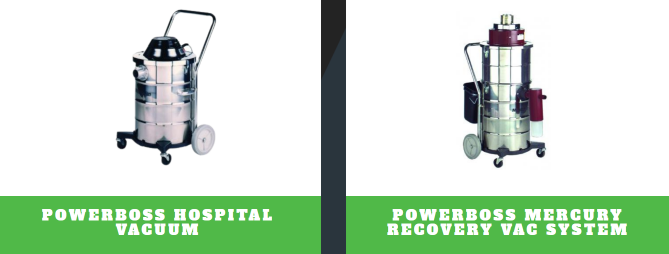
The selection of appropriate filter types is paramount in ensuring clean, healthy, and safe environments across diverse industries. HEPA and ULPA filters offer unparalleled filtration efficiency, each with its own set of advantages and limitations. PowerBoss Critical Filter Vacs leverage these advanced filtration technologies to provide reliable containment of hazardous materials and maintain optimal air quality standards. By investing in PowerBoss Critical Filter Vacs, businesses can protect the well-being of their employees, minimize environmental risks, and uphold safety standards in the workplace.
Take proactive steps towards enhancing air quality and safety in your workplace with PowerBoss Critical Filter Vacs. Contact us today to learn more about our comprehensive range of vacuum systems and filtration solutions tailored to your specific industry needs. Reach out to Total Clean at (909) 598-2706 or message us directly to discover how PowerBoss can help you achieve cleaner, healthier, and safer environments for your employees and stakeholders.
